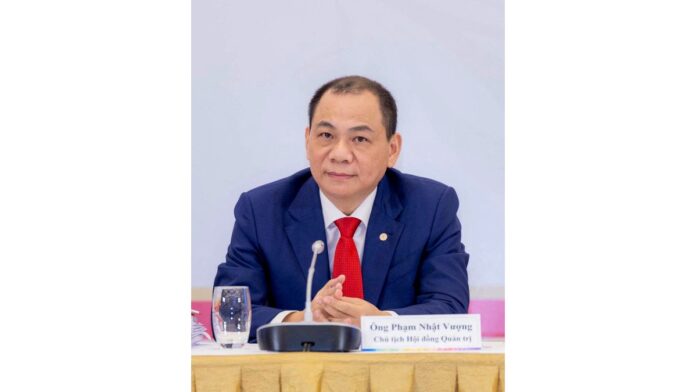VinFast’s founder Pham Nhat Vuong has agreed to buy the EV maker’s research and development arm for $1.52 billion, his latest cash injection into the loss-making Vietnamese company as it strives to break even by the end of 2026.The deal will involve Novatech Research and Development JSC, a Vietnam-incorporated entity, being carved out of VinFast Trading and Production JSC (VFTP), its domestic manufacturing arm, VinFast said in a filing to the U.S. Securities and Exchange Commission.
ALSO READBig renewable push – India reaches 100 GW solar PV module manufacturing capacity: Waaree Energies, Premier Energies, ACME Solar in focus Details of the Novatech R&D Deal
Novatech will hold investment costs tied to completed R&D projects, while VFTP will continue to lead EV production and future research in Vietnam.VinFast, which debuted on the Nasdaq in 2023, has faced challenges including weak consumer demand and stiff competition. It made a net loss of $712.4 million for the first quarter, although revenue jumped 150% to $656.5 million.VinFast’s shares were up 1.4% to $3.59 in pre-market trade.
Addressing Financial Challenges and Future Goals
Since its launch in 2017, the company has relied heavily on support from Vuong, who holds about 98% of shares in VinFast and its parent company Vingroup, where he serves as chairman.
ALSO READDomino’s India operator Jubilant FoodWorks’ Q1 profit rises by 64.44%; store network expands to 3,387
The transfer of shares in Novatech to Vuong, valued at nearly 40 trillion dong ($1.52 billion), comprises a fair value assessment of 17.25 trillion dong plus a premium. Intellectual property linked to Novatech’s assets will be leased back to VinFast for manufacturing purposes as needed.VinFast has said it has completed the development of its first generation of EVs. Research and development costs were $81.2 million in the first quarter of 2025, down 22.3% year-on-year.
The EV maker has set a delivery target of 200,000 cars for 2025, more than double its deliveries in 2024. Most of VinFast’s deliveries are in the Vietnamese market.
» Read More


